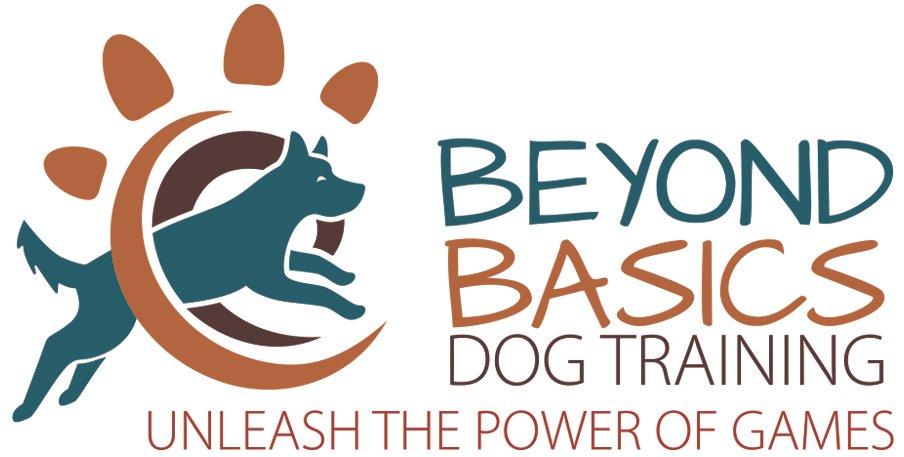What should I teach my new puppy / rescue dog first?
Why not focus on Behaviors first?
While some behaviors, like recall, are critical for your puppy / dog to learn, focusing on these key skills first will build a foundation for future dog training and will help your puppy / rescue dog settle into their new life. These skills can set them up for a future of making good decisions. Whether your are bringing home a new puppy or a newly adopted older dog, they need many of the same skills to help them adjust to your home. We will focus on a few skills to get your puppy / new dog started.
Adjustment Period
Your puppy’s / new dog’s world has just dramatically changed and they will need time to adjust to your home and to develop the skills needed to navigate their new world. Your new puppy is likely away from their mom and littermates for the first time. This can be a scary experience. Give your puppy the understanding, love and support they need as they adjust.
Have you heard of the 3 3 3 Rule? Your new rescue dog will likely go through phases of learning and it is important to understand the adjustment period. They are likely to follow this time frame:
3 days to decompress and begin to be comfortable
3 weeks to learn their new routine and the rules of the new home
3 months to start to feel at home and build a bond with you
Build the Relationship
Building a relationship of trust is key to your new puppy’s / rescue dog’s success. I like to think of your relationship as a bank account. Good experiences are deposits to the account and negative experiences are withdrawals. Keeping a large positive balance is key! Examples of relationship account deposits include positive reinforcement training, affection at the level your dog is comfortable with, and play. Negative experiences include things like frustration, being placed in scary situations, scolding or the use of punishment-based training methods. Many negative experiences (such as scolding or punishment-based methods) can and should be eliminated from your puppy’s / new dog’s experience. While there may be unavoidable negative experiences (for example nail trims for some dogs or visits to the vet for vaccinations), the effect of many of these can be reduced with proper training. Focus on offering as many postive experiences (deposits) and minimizing the negative experiences (withdrawals) to build a healthy relationship with your puppy / new rescue dog.
Build Calmness
Dogs that are trained to have a base of calmness tend to make better decisions and are easier to live with. There are 3 parts of building calmness:
Ensure your puppy / new rescue dog is getting enough good quality sleep and uninterrupted rest throughout the day.
Use food toys, snuffle mats, licki mats, food find it games and fully digestible, natural chews. These will use energy and promote calm behaviors.
Calmly reward your puppy / dog when they offer a calm behavior like laying on the floor or their bed or on the couch near you.
Build Confidence and Optimism
The goal of building confidence and optimism is to teach your puppy / dog that the world is a wonderful place and that new experiences are likely to be a good thing. One fun game I like to use involves things like cardboard boxes, packing paper and plastic bottles or containers.
Set out a single box. As your puppy / dog starts to investigate the box, gently toss a bit of their food into it and let your dog get the food as they explore. Don’t lure them or put pressure on your dog to explore. Let them investigate at their own pace, as they feel comfortable.
As your dog gets more comfortable and their confidence builds, add different boxes and tip some of them on their side. Add items that may move and make noise, like plastic bottles or containers, wadded up packing paper, etc.
A couple of key points:
Change the set up each time so that your dog continues to learn.
Start at a level where your dog is comfortable and grow difficulty as their confidence grows.
Socialization
The goal of socialization is to let your puppy learn that the world is a good place and that you will keep them safe. We will be adding a blog just on this important topic soon. To start, begin exposing your puppy to new experiences (people, appropriate dogs, sounds, textures to walk on, etc.) Always start at a distance where your puppy is comfortable and never force your puppy to interact with anything they are uncertain of. Ensure that all of the new experiences are good things for your puppy.
We would love to help you with your new puppy or new rescue dog! We offer private dog training (in-home or virtual!) and group dog training classes in New Berlin, Wisconsin. Contact us at Lori@beyondbasicsdogtraining.com.
Enjoy your new puppy or rescue dog!!

